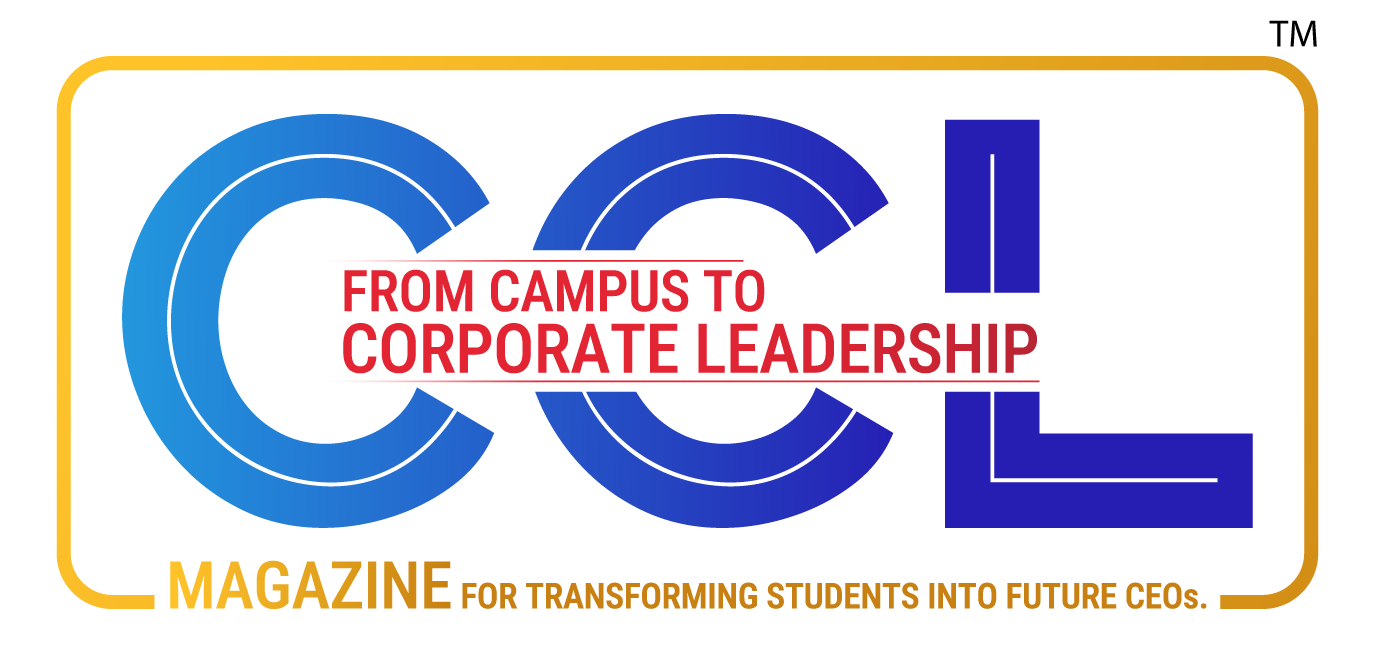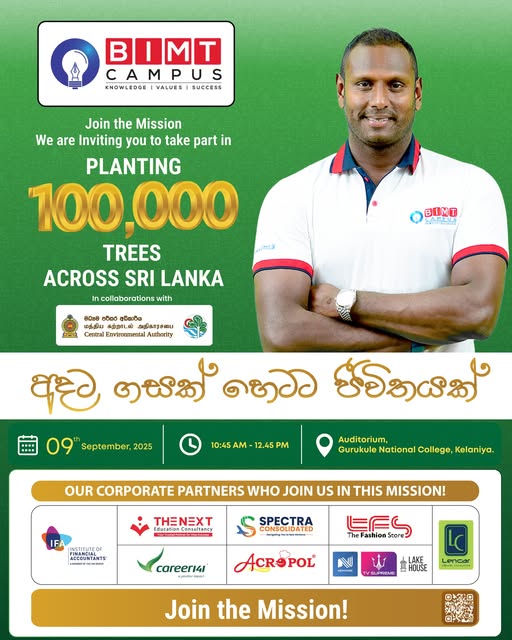Now Reading: Revamping Innovations in Paper to Product Manufacturing
1
-
01
Revamping Innovations in Paper to Product Manufacturing

Revamping Innovations in Paper to Product Manufacturing
Sri Lanka’s stationery market has grown steadily, led by key players offering diverse, high-quality products. Despite challenges from digital alternatives and economic strain, successful firms have thrived through innovative marketing, strong branding, and corporate social responsibility. While overall sales dipped, niche downstream opportunities have sparked new enterprise growth, sustaining industry momentum.
Mr. Asitha Samaraweera,
Scroll to Top









